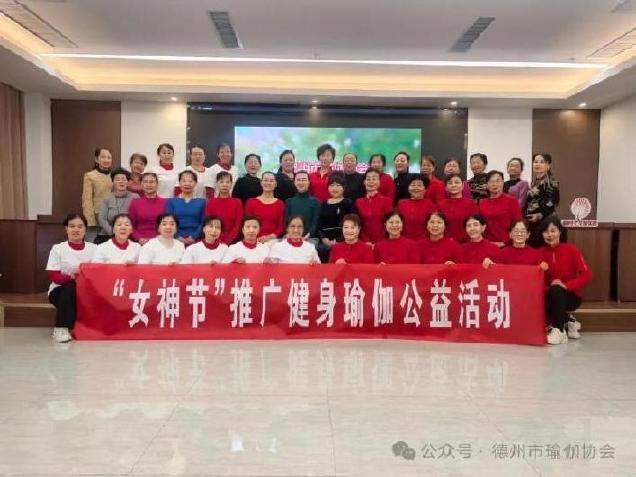Even if we practice intensively, yoga can not guarantee certain benefits.
Although yoga can indeed help us change our attitude, thereby reducing ignorance and greatly getting rid of suffering, it is not a panacea for reducing suffering.
We can regard the whole set of yoga practice as a process of testing our own habits, attitudes, behaviors, and the influence of these habits.
About our interaction with others (how we treat people around us), in yoga, it is called “Yama”, which cannot be practiced in advance like asana and breath control.
However, understanding our own mistakes is the first sign of Qingming.
Then, we will gradually change our attitude towards nature and our relatives and friends.
2.
The precepts include five aspects: 1.
The behavior mode of the first kind of precepts is “ahimsa”.
Himsa means “injustice” or “cruelty”, but ahimsa means more than “no violence” (as indicated by the joint word “a -).
No harm means not only no violence, but also kindness, kindness and consideration for others and things.
When we think of not harming, we must make a judgment, because not harming does not necessarily mean not eating meat or not protecting ourselves.
The meaning of “no harm” is that you must be considerate and patient in treating others.
In addition, not harming refers to treating yourself mercifully.
For example, if a vegetarian finds that he can’t find anything to eat other than meat, is it better to stick to starvation than eating meat at this time? My idea is: if there are still unfinished business in life (such as family responsibilities), you should avoid things that will hurt you or make you unable to fulfill your responsibilities.
Therefore, in the above situation, the answer should be clear.
If we stubbornly adhere to our principles, it is arrogant and thoughtless.
Therefore, we must also take into account our other responsibilities and obligations when implementing the policy of “no harm”.
Therefore, it can even be considered harmless to resist when life is threatened.
In short, in every situation, we maintain a thoughtful attitude, that is, the meaning of not harming.
2.
The second commandment mentioned by the real language Patanjali is “Satya”, that is, “tell the truth”, which originally means “truth”.
However, it is not always necessary to tell the truth, because facts sometimes hurt others unnecessarily.
When we speak, we must think about what we say, how we say it, and how we may affect others.
If telling the truth will have a negative impact on others, it’s better not to say anything.
The actual language should never conflict with the efforts to avoid harm.
The Great Indian epic Mahabharata mentions: “speak the pleasant truth, not the unpleasant truth.
Do not lie, even if the lie is pleasant.
This is the Dharma.” 33.
The third precept of not stealing is “asteya”.
Steya means “steal”, while asteya means “steal”: don’t take things that don’t belong to you.
If we don’t take advantage of someone who has not entrusted us with something, it also applies to the scope of not stealing.
4.
The fourth precept of Brahma is Brahma Arya.
The root of this word is car, which means “moving”, and Brahma refers to the kind of “truth” about the only truth.
Brahma can be understood as “moving towards the most important and fundamental things”, which is often used to refer to abstinence, especially sexual aspects; But it has a more special meaning, that is, to establish a relationship that can help us understand the highest truth.
If there is sensory pleasure in this kind of relationship, it is necessary to carefully maintain the direction and not lose sight of the present.
In the rigorous and continuous pursuit of truth, there are some ways to control the desires of the senses and actions, but these control methods do not mean total abstinence.
India attaches great importance to family life.
In Indian tradition, everything in life has its proper place and time.
We divide the whole life into four parts: the first stage is childhood; The second stage is the pursuit of knowledge and truth; The third stage is to establish and raise a family; The fourth stage is to devote oneself to the pursuit of liberation and truth after one has fulfilled his family obligations.
In the fourth stage of life, everyone can become a dervish, whether male or female.
However, beggars must beg for food from people who still have a family life.
The Upanishads suggest that students get married and establish a family immediately after completing their studies.
This means that Brahma does not necessarily have to be single.
On the contrary, the significance of Brahma may be more to take the responsibility of seeking truth.
5.
Don’t take the last precept is “aparigraha”, which means “put down” or “don’t seize the opportunity”.
Parigraha means “take” or “catch”, while not taking means taking only what is necessary and not taking more benefits.
I used to have a student who paid me tuition every month.
At the end, he gave me a gift.
However, he has already paid my tuition every month.
Why should I accept this gift? We should only take what we deserve.
If we take more, we are exploiting others.
In addition, what you get for nothing will also bring problems later.
Lock in the live studio – famous teachers will accompany you to practice every day!..

